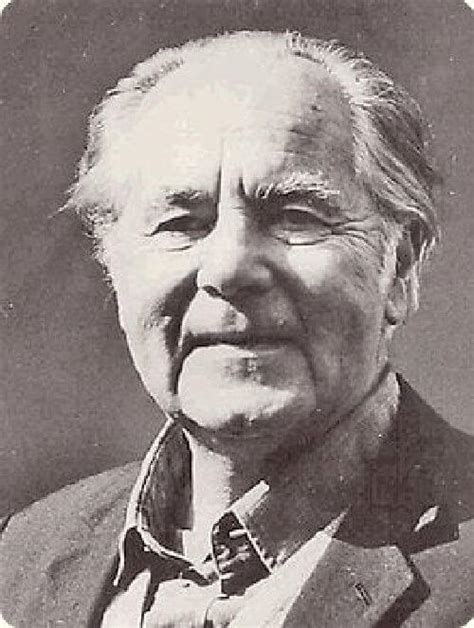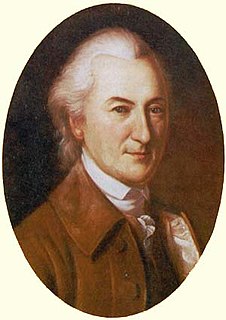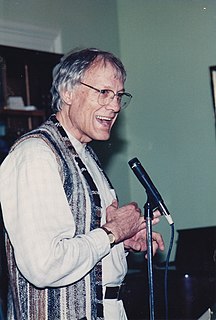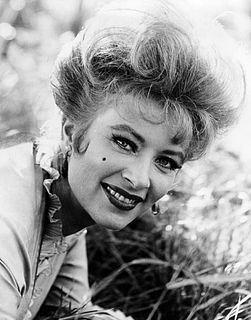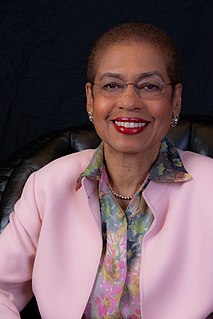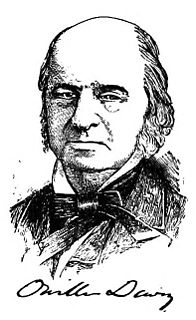A Quote by Giordano Bruno
I understand Being in all and over all, as there is nothing without participation in Being, and there is no being without Essence. Thus nothing can be free of the Divine Presence.
Related Quotes
When we are securely rooted in personal intimacy with the source of life, it will be possible to remain flexible without being relativistic, convinced without being rigid, willing to confront without being offensive, gentle and forgiving without being soft, and true witnesses without being manipulative.
If man did not exist as a world-spanning receptive realm of perception, if he were not engaged in this capacity, nothing at all could exist. 'Being,' in its traditional usage, means 'presence' and 'persistence.' To achieve presence, and thereby being, an entity requires some sort of open realm in which presence and persistence can take place. Thus an open realm of perception like that of human existence is the one being that makes being possible.
Divinity reveals herself in all things. Everything has Divinity latent within itself. For she enfolds and imparts herself even unto the smallest beings, and from the smallest beings, according to their capacity. Without her presence nothing would have being, because she is the essence of the existence of the first unto the last being.
One can understand nothing of Christ without the mystery of the Trinity, nothing of the Church without faith in the divinity and humanity of Christ, nothing of the sacraments without the bridal mystery between Christian life without Christian faith. Thus, the present sermons revolve around the same center--the inexhaustible mystery of the one indivisible faith.
Let these truths be indelibly impressed on our minds — that we cannot be happy, without being FREE — that we cannot be free, without being secure in our property— that we cannot be secure in our property, if, without our consent, others may, as by right, take it away — that taxes imposed on us by parliament, do thus take it away.
Everything is in constant flux on this earth. Nothing keeps the same unchanging shape, and our affections, being attached to things outside us, necessarily change and pass away as they do. Always out ahead of us or lagging behind, they recall a past which is gone or anticipate a future which may never come into being; there is nothing solid there for the heart to attach itself to. Thus our earthly joys are almost without exception the creatures of a moment.
There are two principles inherent in the very nature of things, recurring in some particular embodiments whatever field we explore - the spirit of change, and the spirit of conservation. There can be nothing real without both. Mere change without conservation is a passage from nothing to nothing. . . . Mere conservation without change cannot conserve. For after all, there is a flux of circumstance, and the freshness of being evaporates under mere repetition.


